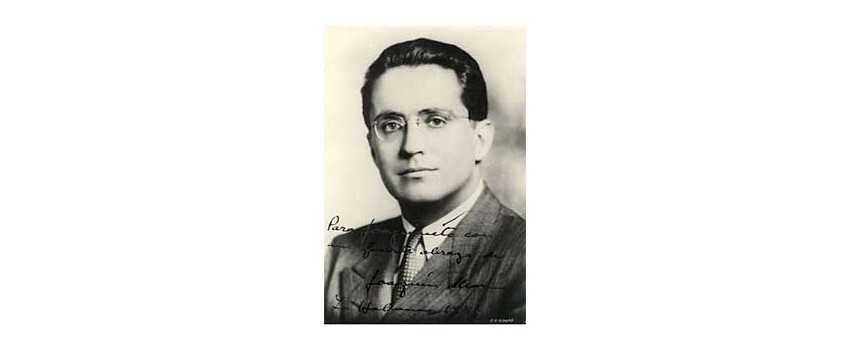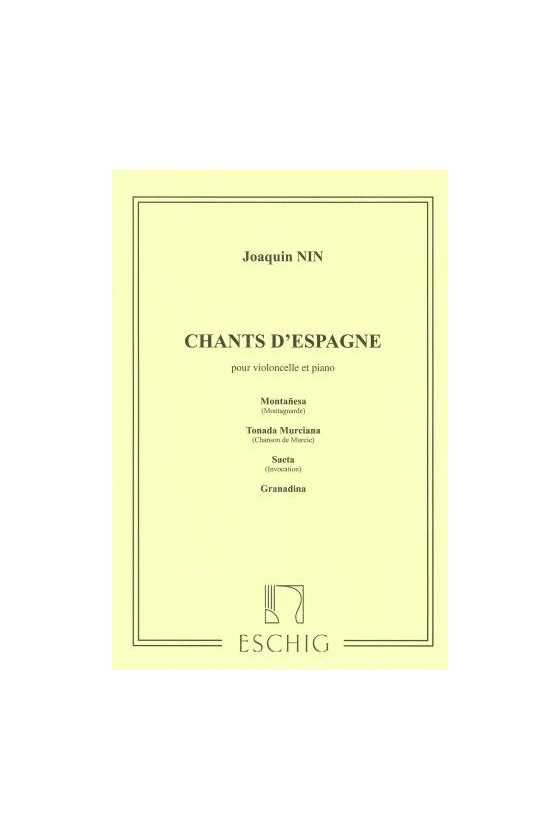Nin, Joaquín
Joaquin Nin, a renowned Cuban pianist and composer, left an indelible mark on the world of music. Born on September 29, 1879, in Havana, Nin's musical journey was shaped by his Catalan heritage and Cuban roots. In this article, we will explore the fascinating life and musical contributions of Joaquin Nin, delving into his upbringing, education, career, and lasting legacy.
Early Life and Background
Joaquin Nin was the son of Joaquin Nin Tudo, a prominent Catalan writer, and Angela Castellanos Perdomo, a Cuban from Camaguey. This multicultural background would greatly influence Nin's artistic sensibilities and musical style. Growing up in a household that valued both literature and music, Nin was exposed to a rich tapestry of cultural influences from an early age.
Musical Education and Career
Nin's musical journey began with his study of the piano under the tutelage of the renowned Moritz Moszkowski. His exceptional talent and dedication led him to pursue further musical education at the prestigious Schola Cantorum de Paris, where he studied composition. It was during this time that Nin honed his skills as a composer and arranger of popular Spanish folk music.
Nin's prowess as a pianist and composer earned him recognition and acclaim. He embarked on numerous tours, captivating audiences with his virtuosity and unique interpretations of Spanish music. Nin's compositions often showcased his deep appreciation for his Cuban heritage, infusing traditional Cuban rhythms and melodies into his works.
Contributions to Music and Society
In addition to his musical achievements, Joaquin Nin was a respected member of the Real Academia de Bellas Artes de San Fernando in Madrid and was honored with the French Legion of Honor. His contributions to the preservation and promotion of Spanish music were invaluable, and he played a significant role in elevating the status of Spanish composers on the international stage.
Family and Legacy
Joaquin Nin's personal life was intertwined with his artistic endeavors. He married Rosa Culmell, a talented singer, and together they had three children: Thorvald Nin, Joaquin Nin-Culmell, and Anaïs Nin, who would later gain fame as a writer. Nin's influence extended beyond his immediate family, as he appeared as a character in the novel "The Island of Eternal Love" by Cuban writer Daina Chaviano.
Remembering Joaquin Nin
Joaquin Nin's legacy is a complex tapestry of musical innovation, cultural fusion, and personal relationships. His daughter Anaïs Nin, in her memoirs and fiction, explored her own nature through reflections on her father's treatment of her as a child. While her writings described a complicated relationship, they also shed light on the charismatic and enigmatic personality of Joaquin Nin.


